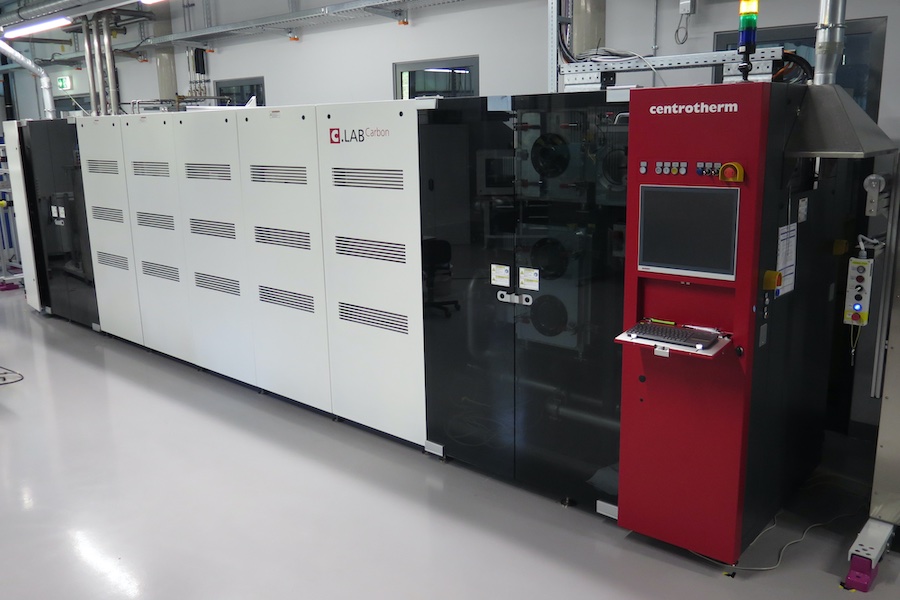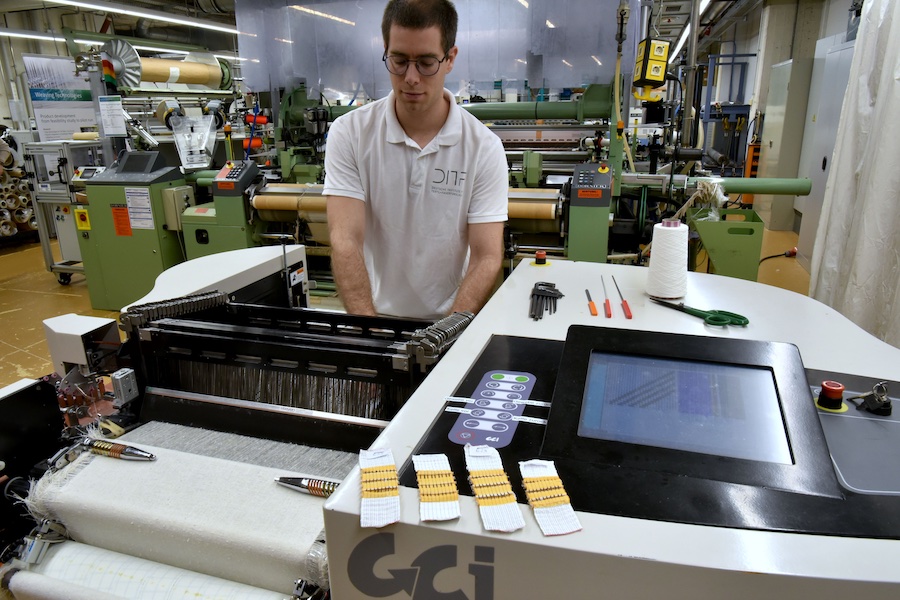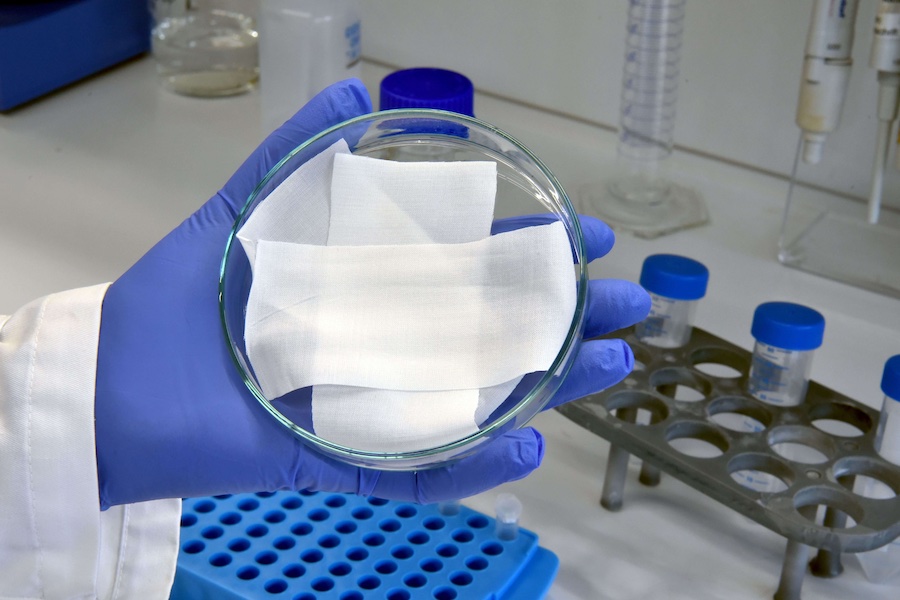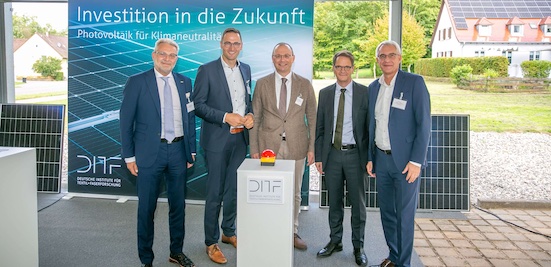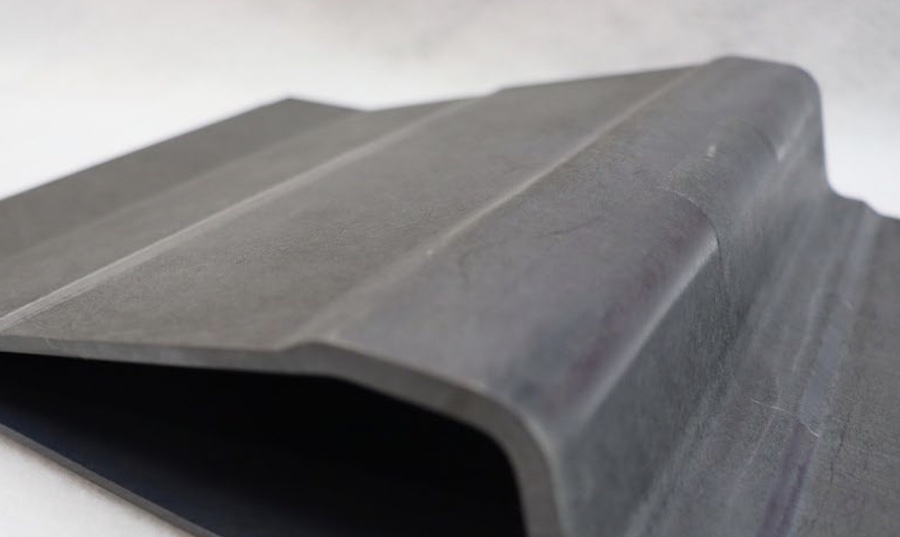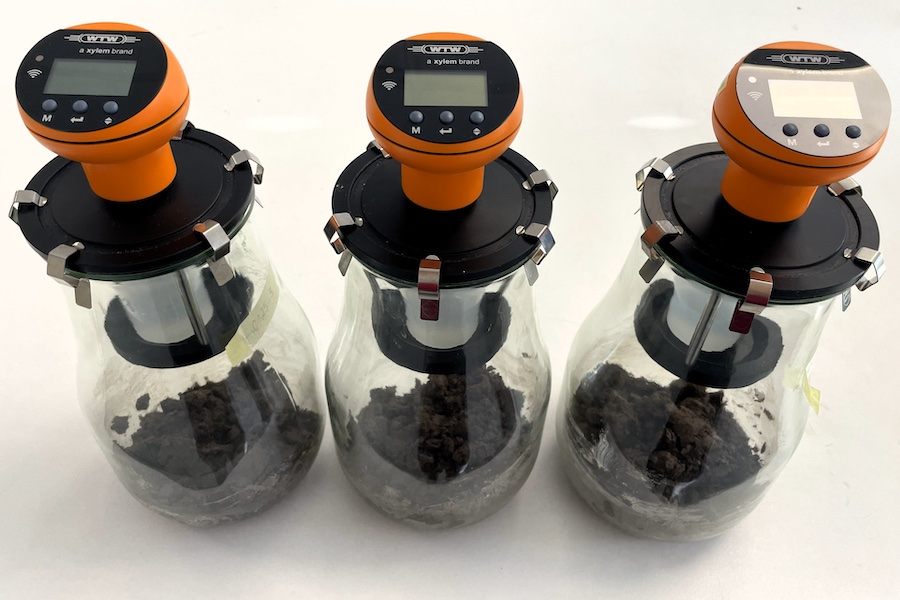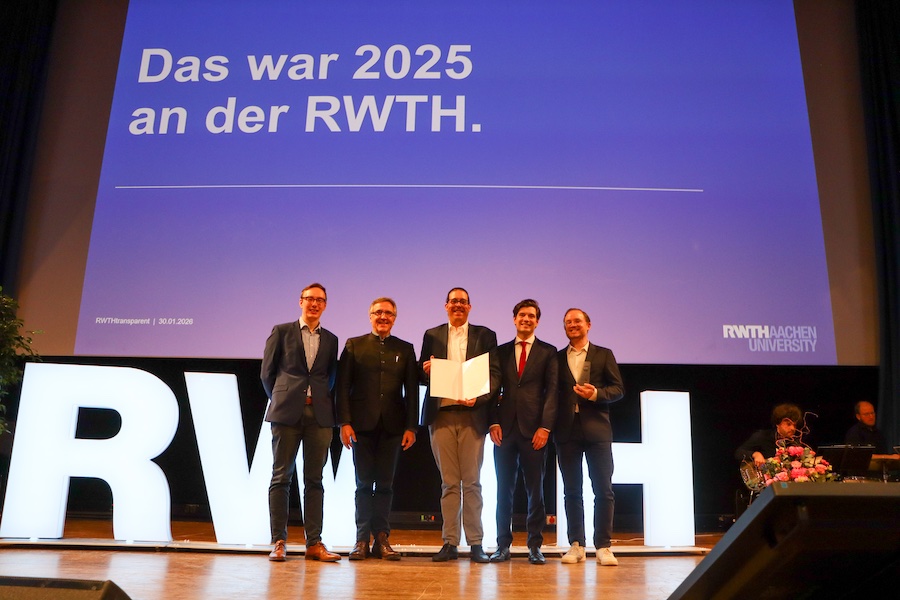#Research & Development
Carbowave: Energy efficiency in carbon fiber production
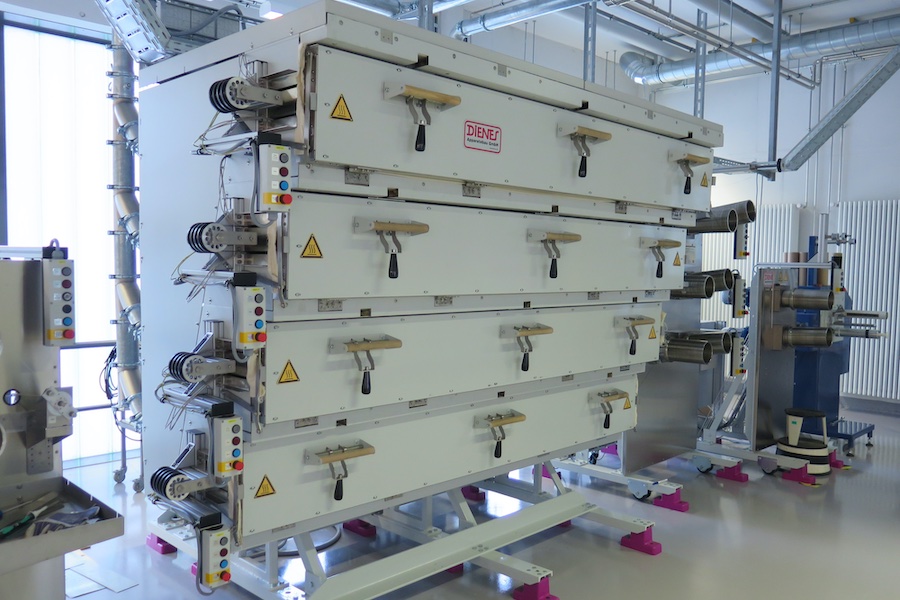
The combination of high strength and low weight makes carbon fibers almost indispensable in manufacturing modern lightweight products. Major industries, such as automotive, aerospace, and renewable energy, are increasingly relying on high-strength carbon fiber composites.
Despite their advantages, these materials are complex and energy-intensive to produce. Stabilization and carbonization of the fibers, which are often made from petroleum-based polyacrylonitrile (PAN), requires slow process control in high-temperature furnaces. Despite the considerable energy input, a low material yield is achieved due to the long dwell time in the ovens.
A new process uses microwave and plasma heating to replace the traditional stabilization and carbonization process with energy-saving technology. With this technology, energy is only induced into the fibers locally, thereby minimizing energy loss. This process shortens the production time of carbon fibers, enabling higher production volumes with lower energy consumption.
A European research consortium has joined forces under the name "Carbowave" to optimize and market the process. Their specific research objectives are to develop an optimal coating for PAN fibers that improves microwave adsorption, to develop a plasma heating system for the oxidative stabilization of PAN fibers, and to advance microwave and plasma technology for continuous processes.
The DITF are responsible for implementing these processes in continuous production and on pilot lines in a pilot plant. In the joint project, the central task of the DITF is the stabilization of the precursor fibers with plasma technology. This involves combining plasma and low-pressure technology to reduce energy consumption in the stabilization process.
In terms of the circular economy, the Carbowave project includes recycling of carbon fibers. The new process technologies will allow for the microwave-assisted decomposition of carbon fiber composites (CFRP).
Thus, the Carbowave research consortium provides a holistic approach that includes the production and recycling of modern lightweight materials.
